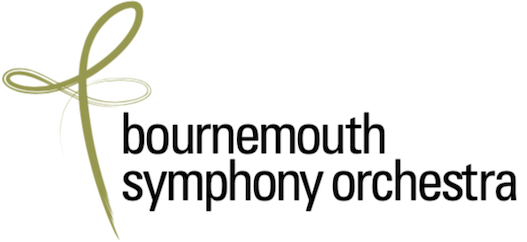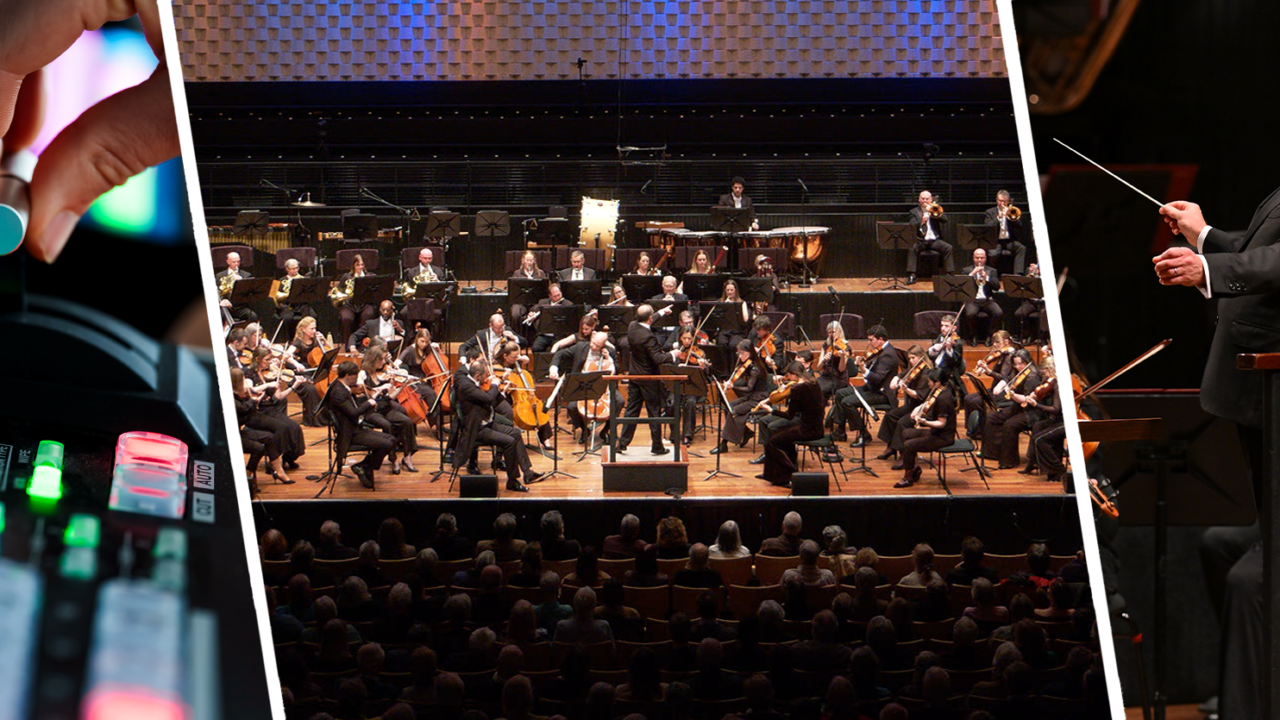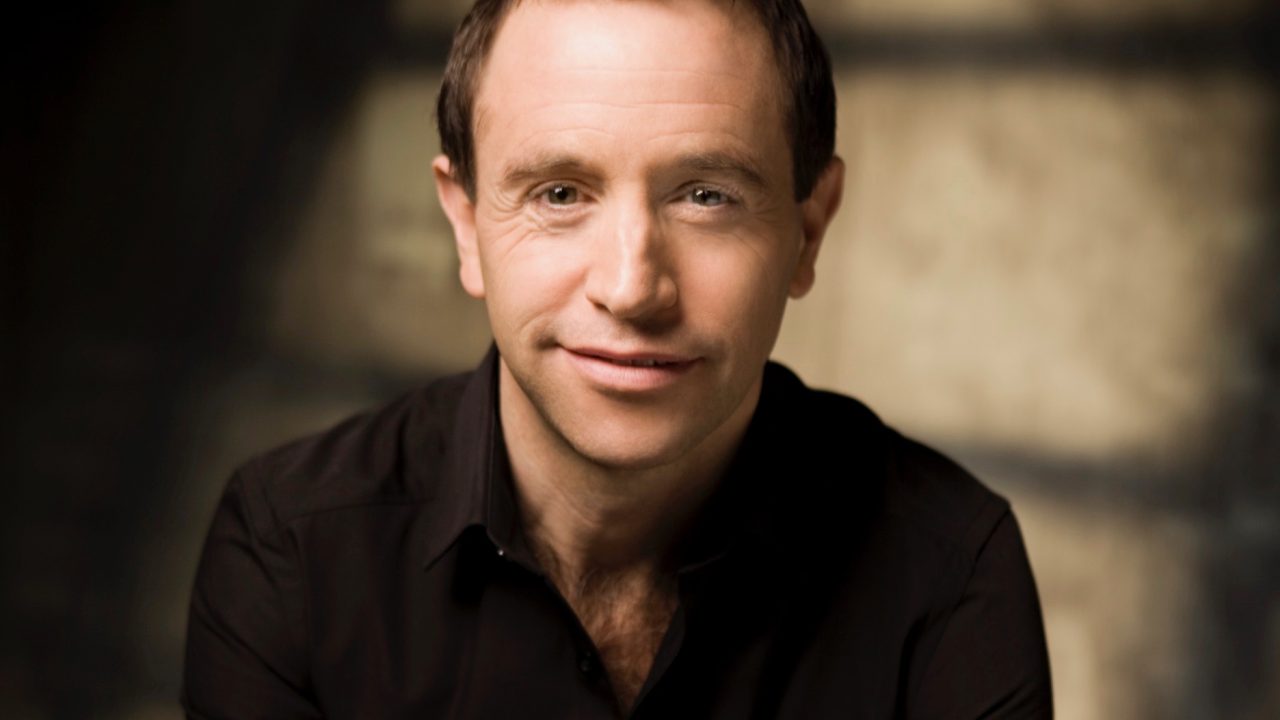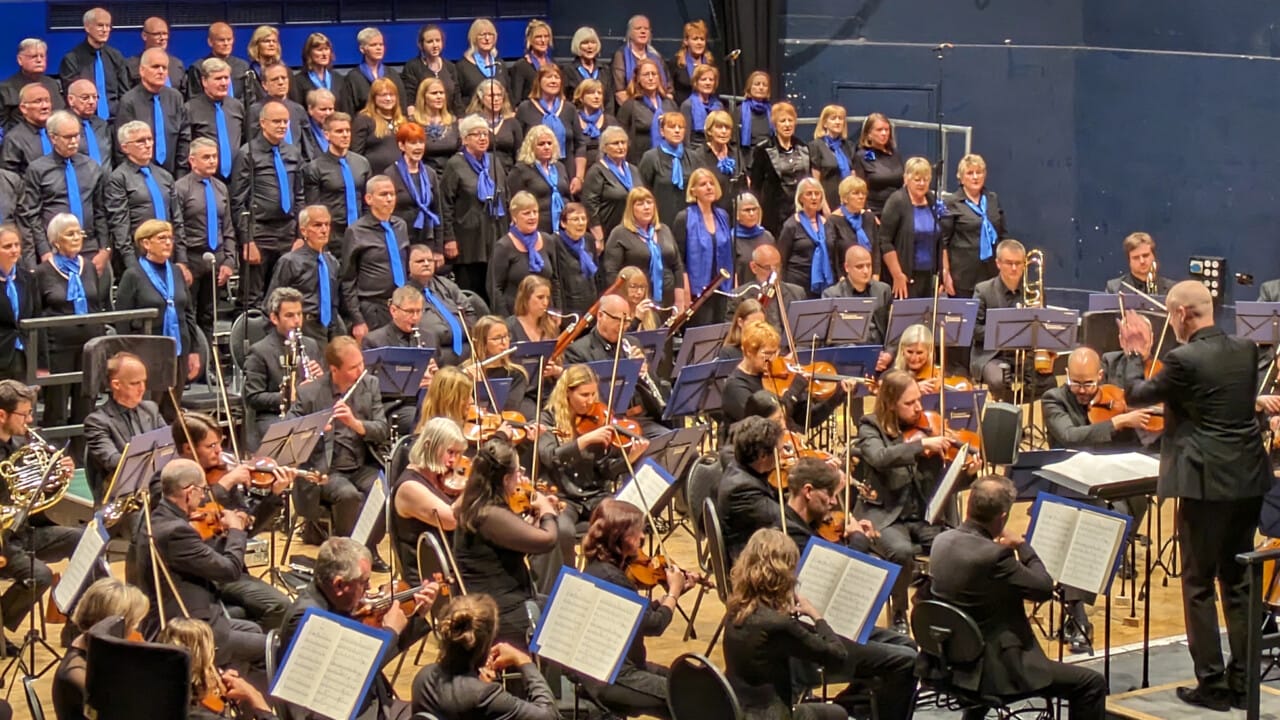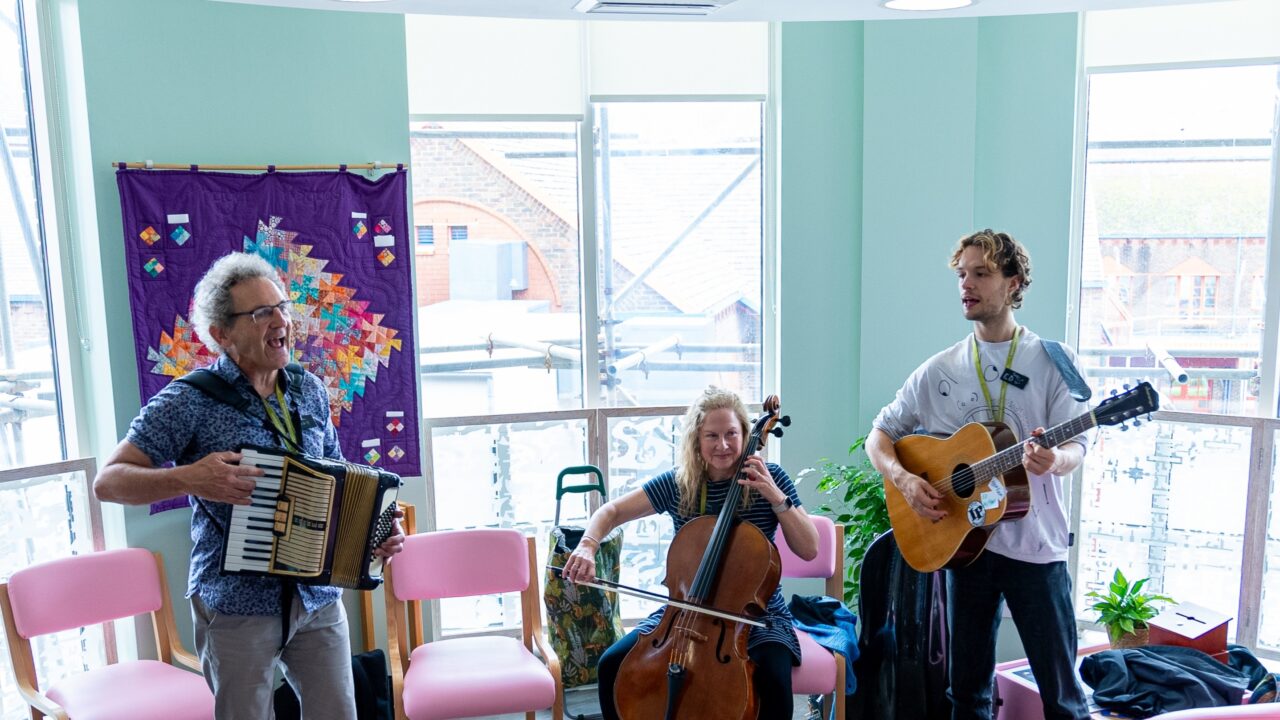This year, the world has celebrated the anniversary of the life-changing invention of Braille. Revolutionising access to learning and information, Braille plays an essential role in making symphonic music accessible to the blind and partially sighted community.
Louis Braille, a young Frenchman, devised his pioneering code in 1825, having lost his sight as a child. Louis was also a notable musician and excelled as an organist. As a teenager he simplified Captain Charles Barbier’s attempt at a tactile code into a version using only a six-dot cell which crucially fitted under the fingertip, creating in time both the literary alphabet, a code for mathematics and the music code.
Learn more about Braille Music on the RNIB website
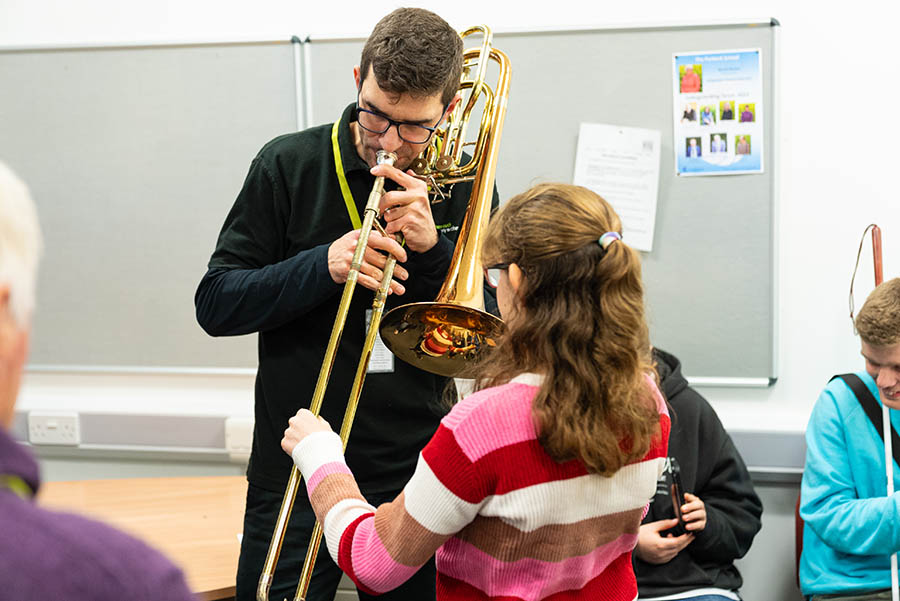
In late November, we host our third Symphony from Scratch weekend, at Purbeck School, in Dorset. The inclusive event brings the BSO’s musicians together with local amateur players and brilliant young disabled and non-disabled musicians, including those from the National Open Youth Orchestra.
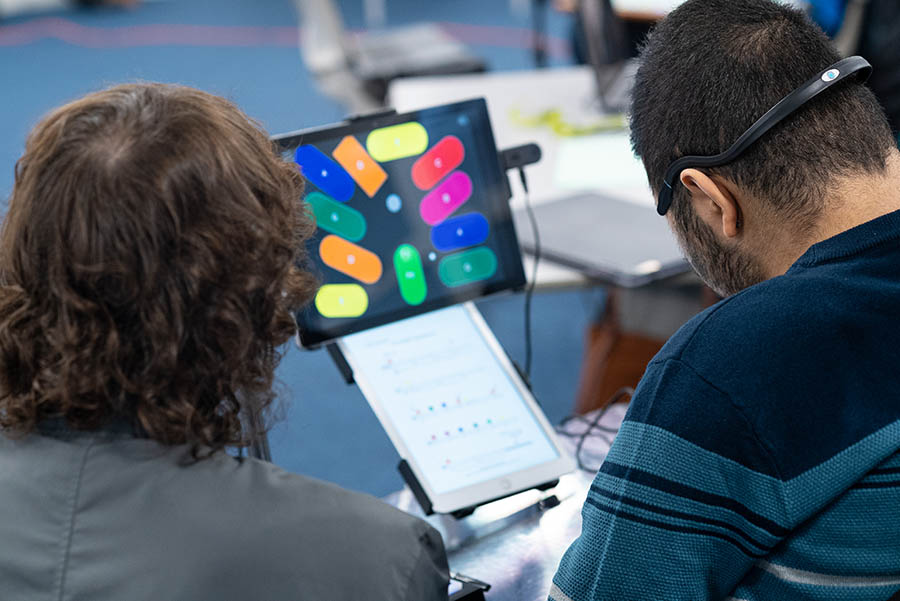
Creating orchestral parts for visually impaired users is a core element of how we make Symphony from Scratch truly inclusive.
Kate Risdon, professional flautist and founding member of BSO Resound, said of her experience: “New music has been commissioned [for BSO Resound], and other music has been specially arranged for our unconventional group of instruments. We have played in rural village halls and collaborated with the Royal Northern Sinfonia. This is a not so quiet revolution in inclusivity and has fundamentally altered my career path as a blind classical musician in ways I could never have imagined.
“I am one of the orchestral professionals joining in this wonderful weekend, and this year, five of my own visually impaired students, all of whom I teach Braille music and memorisation skills to, are joining the orchestra. To my knowledge, this is one of the largest numbers of Braille music users in a single integrated symphony orchestra, at least in the UK.”
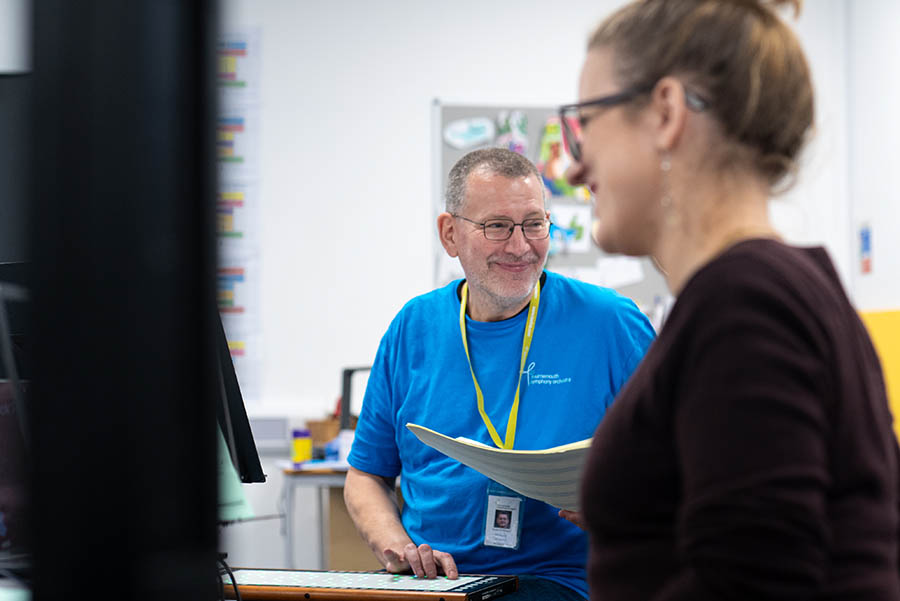
Ahead of the event, Kate works closely with the BSO Participate team in transcribing and preparing Braille scores and audio tracks. The materials are prepared far enough in advance for Kate’s pupils to commit their parts to memory, as the music doesn’t necessarily feature an obvious melodic line.
On the day, hands on sessions – known as ‘touch tours’ – are held, so that visually impaired musicians can deepen their knowledge of different orchestral instruments. The musicians also have an opportunity to work with the conductor, to discover the expressive movements to keep the music together.
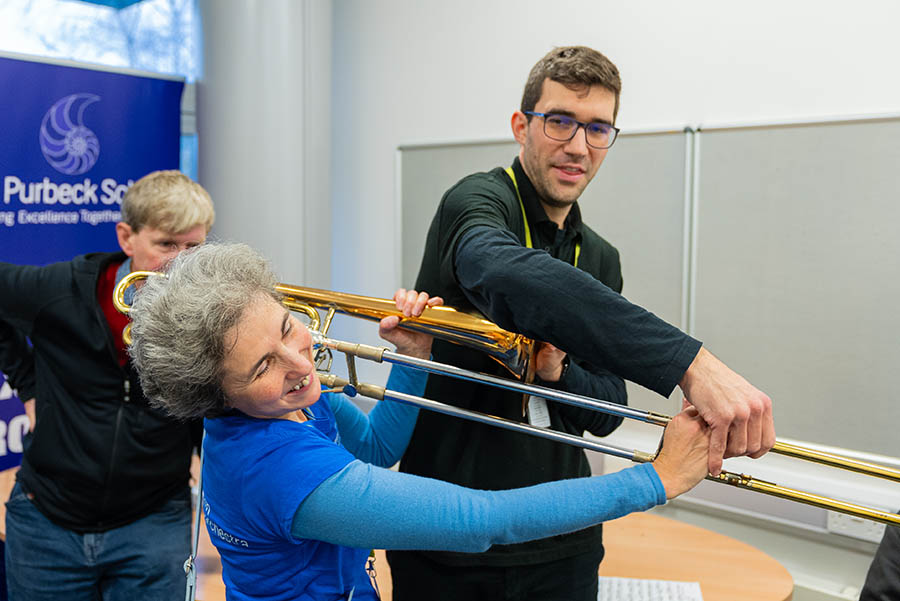
Listen to BBC Radio 3’s Sunday Feature, which explores Braille music in this 200th anniversary year.
In addition to Braille users, there will be students using instruments that utilise assistive technology, including the Clarions and the Seaboard RISE. This year’s participants will explore Respighi’s Church Windows (Movements 1, 3 and 4), and music from Star Wars: The Force Awakens by John Williams.
Symphony from Scratch aims to break down barriers that can prevent disabled musicians in taking part in symphonic music-making. We hope Louis Braille would have approved.
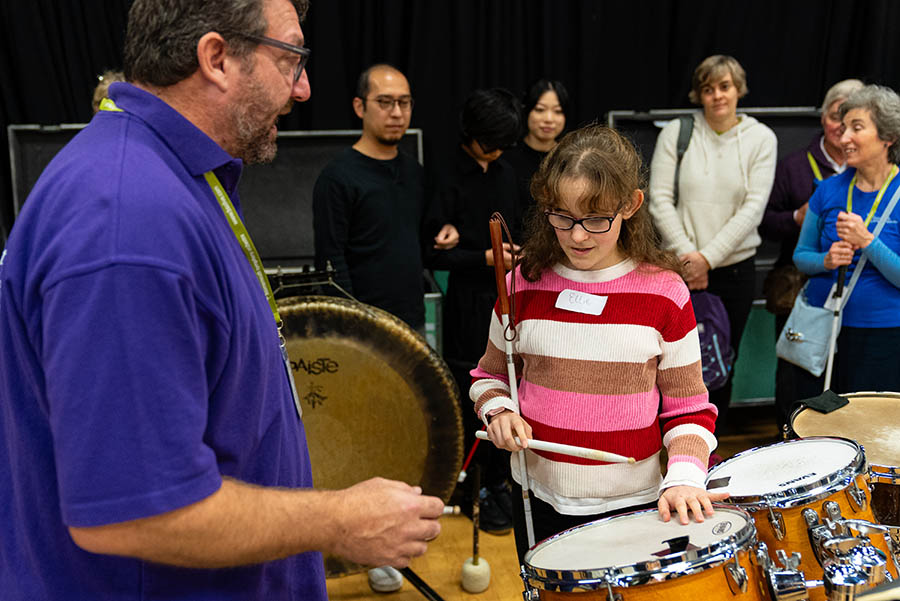
If you’re interested in taking part in a future event, contact our BSO Participate team.
If you’re 25 or under, explore National Open Youth Orchestra’s website for details of how to audition and take part in our Bournemouth ensemble, which runs throughout the year.
Learn more about The Amber Trust, which works independently with Kate Risdon to support her cohort of young Braille users in their weekly lessons and celebrates its 30th anniversary this year.
This year’s Symphony from Scratch event is generously supported by the Steel Charitable Trust, The Valentine Charitable Trust, the Rivers Foundation, and Lark Music.
“At Lark Music, we believe music should be accessible to everyone,” says Brian Hillstead, Partnership Executive at Lark Music. “The Symphony from Scratch project embodies that belief by creating opportunities for all musicians to perform and learn together. We’re proud to help make that happen.”

